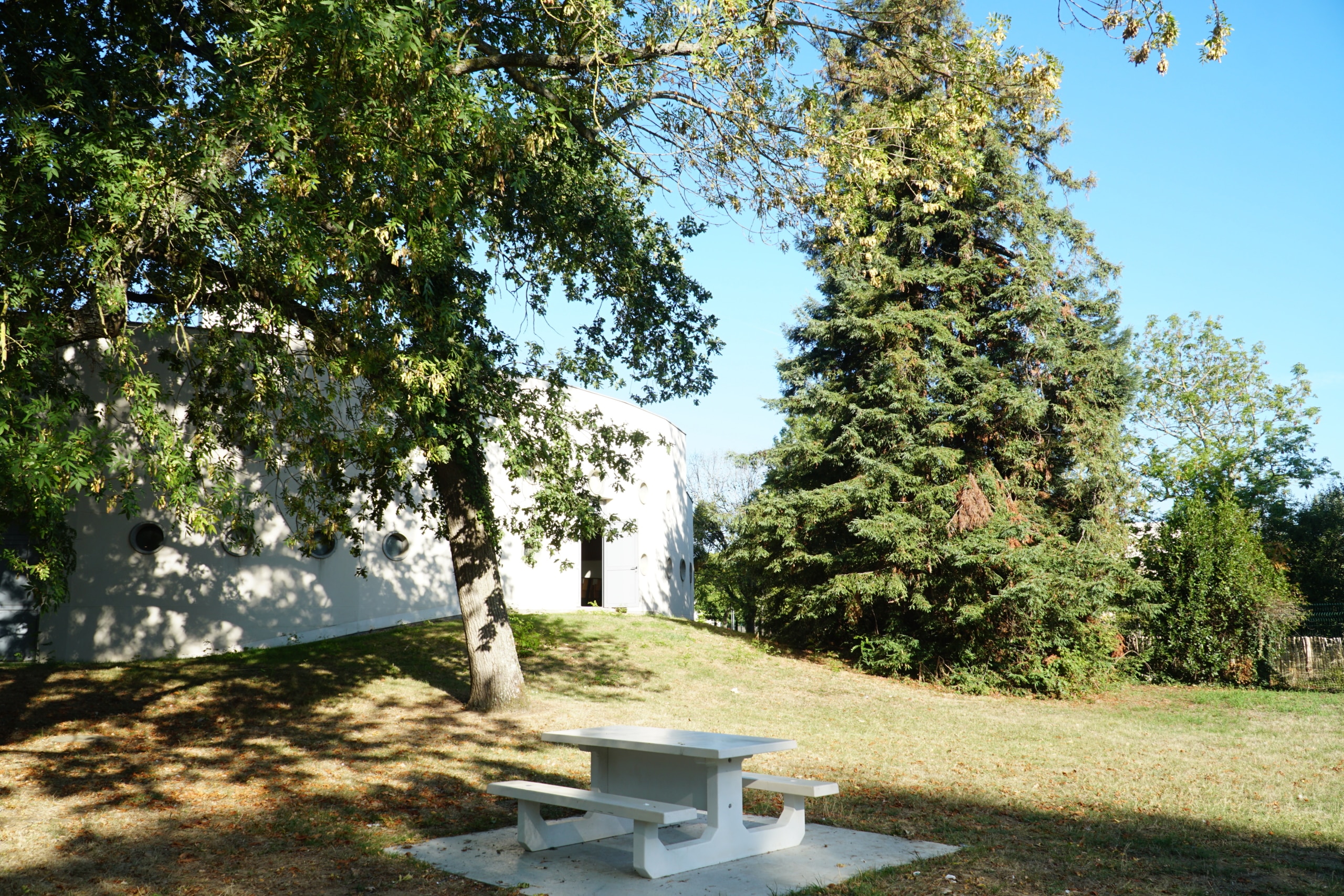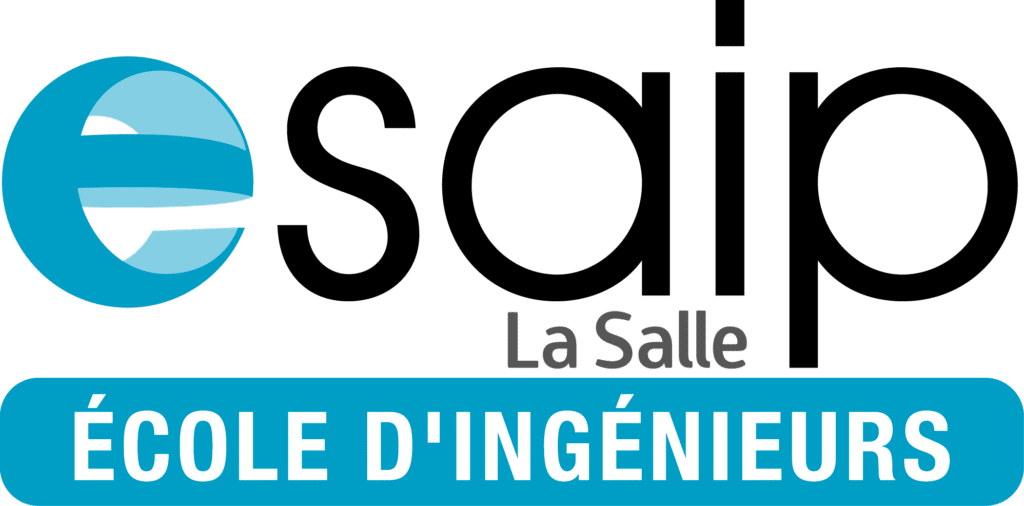
Leadership and Governance
ASSOCIATION
Esaip is a non-profit association under the French law of 1901. Several councils and commissions, each with their own responsibilities, support Esaip’s development. Discover Esaip’s governance below.
The boards and commissions are composed of academic and institutional professionals. This guarantees that Esaip is anchored in the territories and has a thorough knowledge of the changes in the professions for which ESAIP trains its students.

EXECUTIVE BOARD
The Executive Board (3 to 5 members appointed by the Supervisory Board) administers and manages the association, under the control of the Supervisory Board :
- Manages the association administratively and financially
- Implements the decisions of the Supervisory Board
- Prepares a quarterly report and an annual activity report on the financial, social and significant aspects.
THE SUPERVISORY BOARD
The Scientific Council and the Strategic Orientation Council submit their opinions to the Supervisory Board.
The supervisory board (8 to 12 elected members + statutory members + members by right by agreement):
- Determines strategic directions
- Adopts the budget before presentation to the general assembly
- Decides on investments in the association’s assets
- Controls the accounts
- Presents the governance report to the general assembly
- Nominates the members of the board of directors and chooses the president
- Assigns powers of representation to the members of the board
- Cooperates with the members
- Can convene a general meeting
Strategic Orientation Council
The Strategic Orientation Council informs the school about the changing needs of companies in the medium and long term. It ensures that the training courses are adapted to the needs. Its members are representatives of companies, the socio-economic environment and the Management Committee.
The Orientation Council
The orientation councils of the fields of study are based on the recommendations of the Strategic Orientation Council and the Scientific Council. They guide and evaluate program modifications. They define the pedagogical strategy according to innovations and market needs.
The Scientific Council
The Scientific Council (13 appointed members) reviews and discusses the orientations of the research laboratories. It monitors the evolution of training programs and promotes the introduction of emerging technologies into the programs. It strengthens ties with the university community.
Among the members of the scientific council, 10 are from the research world.
The Council for Community Life
It supports the development of community life on the school’s various campuses by participating in the major orientations and is also responsible for distributing the budget allocated by the school to community and student life. It is composed of representatives of student associations and members of the school’s administration.
The CVEC Commission
The Commission is responsible for improving the quality of life on campus and is based on the major guidelines defined by the French government, in conjunction with the CROUS, and supports the various projects with the help of the Student Life and Campus Contribution paid to the school.


